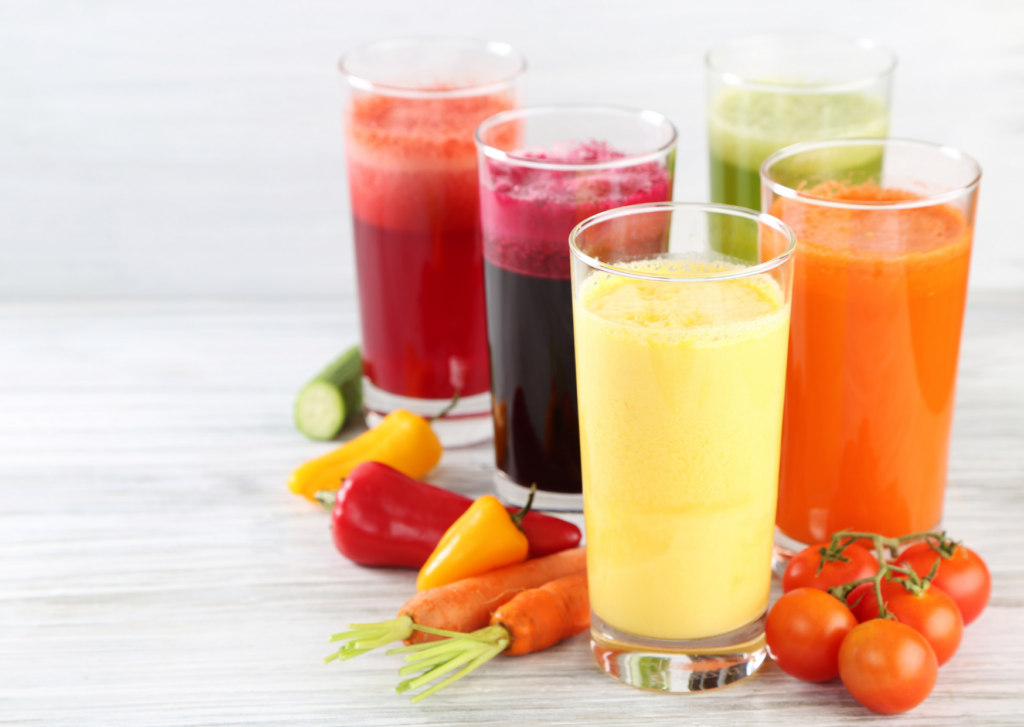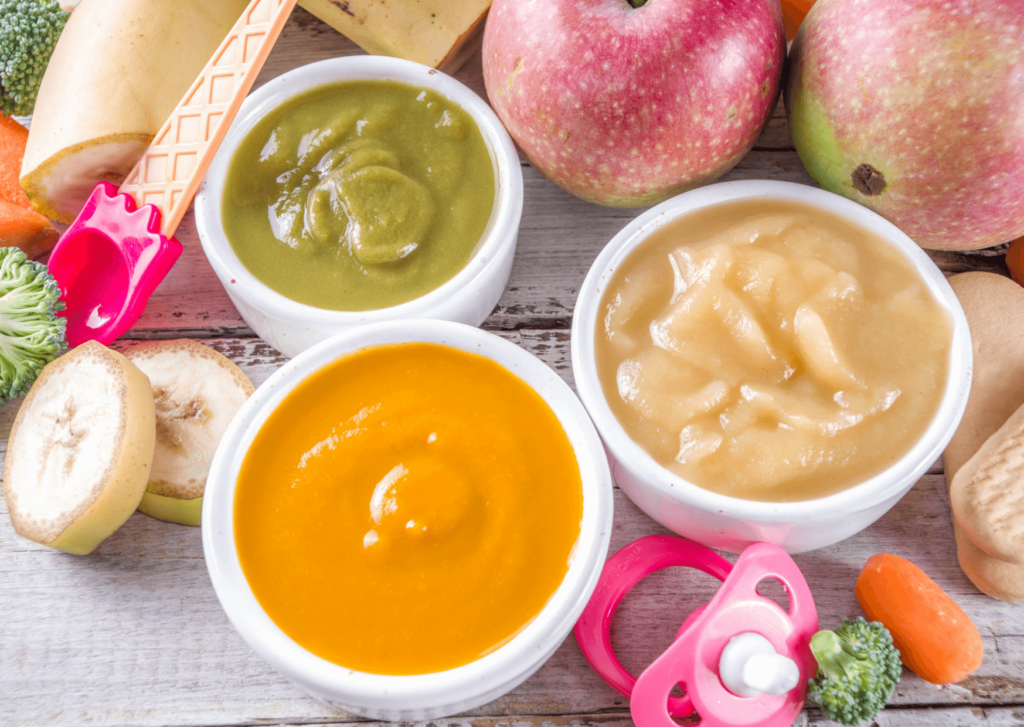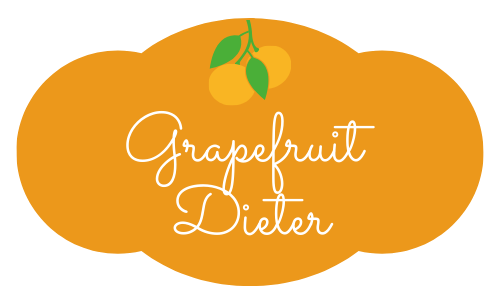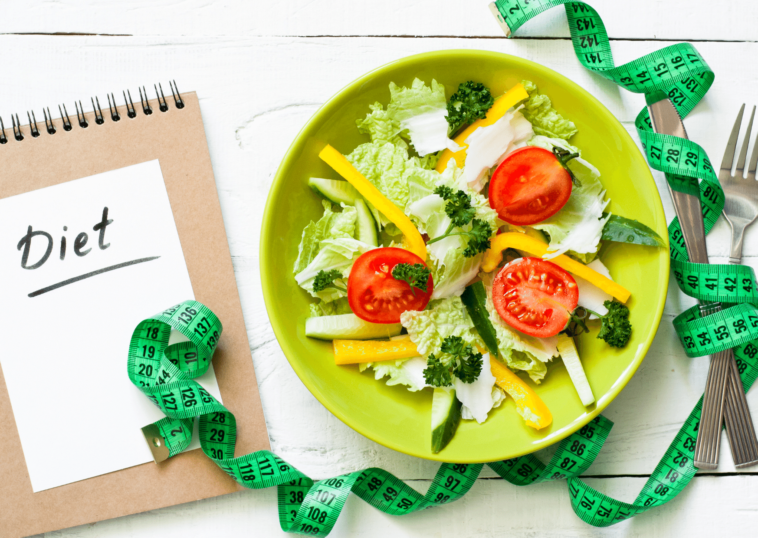After bariatric surgery, either gastric bypass or gastric sleeve, the person must follow a liquid diet for about 21 days, and then they can start a puree-type diet for about 20 more days.
After this period, solid foods can be introduced progressively, returning to a normal diet around 3 months after surgery. It should be noted that the time that a person lasts with a type of diet will depend on the tolerance they have to food, it is important that they follow up with their surgeon and nutritionist.
Carrying out a post-op regimen is crucial because the person’s stomach is very small, initially tolerating only 30 ml for gastric bypass and 60 ml for gastric sleeve, which progressively increases until it can tolerate around 200 ml of liquids. Because the gastric capacity is reduced and in the case of the bypass there is also an associated malabsorption of nutrients which results to rapid weight loss.

How to do the Liquid Diet
The liquid diet begins immediately after surgery and lasts for approximately 21 days. During this period, food can only be consumed in liquid form in small quantities and several times a day, making 6 to 8 meals a day with an interval of 2 hours between one meal and another.
- Clear liquid diet : This diet should be carried out during the first 7 days after surgery, being based only on the soup broth or defatted consommé, blended and strained fruit juice and infusions or teas to create tolerance. It should start with a volume of 30 ml and gradually increase it until reaching 60 ml during this week.
- Liquefied diet: From the 7th day on, this type of diet can be introduced, which consists of blended foods, increasing the amount of liquids between 60 to 100 ml. The foods allowed are chamomile or linden teas; blended non-citrus fruit juices such as peach, pear, apple, and papaya; cereals such as oatmeal, cornstarch or cream of rice without milk; white meats like chicken or turkey; liquid sugar-free gelatin; vegetables such as squash, celery, yams, and cooked vegetables such as zucchini, chayota, or eggplant.
Food should be ingested in small sips and maintaining a daily intake of water between 2 to 3 quarts is essential to stay hydrated.
It is also important to take daily supplements indicated by the surgeon or nutritionist, which includes a multivitamin and a calcium supplement with vitamin D, as well as a nutritional supplement such as glucerne and a protein supplement such as proteinex which promotes bone and muscle maintenance and growth.

How to do the Puree Diet
The puree type diet should start around 21 days after surgery and in this the person can eat crushed foods such as cream of legumes, atoles, cooked or raw fruit compotes (fruit preserved or cooked in syrup), pureed vegetables, meats such as chicken, turkey and shredded fish or fruit smoothies.
In this phase the ingested volume should be between 150 to 200 ml, avoiding the intake of liquids in conjunction with the main meals.
When to eat solid foods again
After approximately 30 to 45 days after bariatric surgery, the person can return to eating foods that need to be chewed but in small amounts only (6 times a day). At this stage it may be helpful to use a dessert plate to eat small amounts at each meal.
Liquids should only be ingested between meals, being important to drink at least 2 liters of water a day to prevent dehydration.
From this stage the patient can eat fruits, vegetables, whole grains, milk and derivatives, meat, fish, eggs, pasta, rice, potatoes and seeds in small quantities and according to their tolerance.
Post bariatric surgery menu
Below is an example menu of the various phases of the diet in the post-operative bariatric surgery:
| Foods | Clear liquid diet | Smoothie Diet |
|---|---|---|
| Breakfast (8 am) | 30-60 ml papaya juice blended and strained | 60-100 ml cornstarch in water (without milk) + 1 tsp protein supplement |
| Snack (10 am) | 30- 60 ml linden tea | 60-100 ml of papaya juice blended + 1 tsp protein supplement |
| Lunch (12 pm) | 30- 60 ml Defatted chicken consommé | 60-100 ml of blended vegetable soup (pumpkin + zucchini + chicken) |
| Snack (2 pm) | 30-60 ml pear juice blended and strained | 60-100 ml of peach juice + 1 tsp protein supplement |
| Snack (4 pm) | 30- 60 ml of sugar-free liquid gelatin + 1 tsp protein supplement | 60-100 ml sugar-free liquid gelatin + 1 tsp protein supplement |
| Dinner (6 pm) | 30- 60 ml Defatted chicken consommé | 60-100 ml of blended vegetable soup (celery + chayota + chicken) |
| Snack (8 pm) | 30-60 ml peach juice blended and strained | 60-100 ml of blended apple juice + 1 tsp protein supplement |
It is important that between each meal you drink 30 ml of water or tea and at about 9 o’clock in the evening the nutritional supplement type glucerne is indicated.
| Foods | Puree type diet | Semi solid diet |
|---|---|---|
| Breakfast | 100-150 ml of oatmeal atol with skim milk + 1 tsp protein supplement | 100 ml of glass of skim milk with 1 slice of toast and 1 slice of white cheese |
| Morning snack | 100-150 ml of papaya juice + 1 tsp protein supplement | 1 small banana |
| Lunch | 100-150 ml vegetable soup blended with chicken + 1 tablespoon of natural pumpkin puree without butter | 1 tablespoon of carrot, 2 tablespoons of ground beef and 1 tablespoon of rice |
| Afternoon snack | 100-150 g of cooked and crushed apple (compote type) | 200 ml of chamomile tea and 1 slice of toast |
| Dinner | 100-150 ml vegetable soup blended with fish + 2 tablespoons of natural potato puree without butter | 30 grams of shredded chicken + 2 tablespoons of mashed potatoes |
| Evening snack | 100-150 ml pear juice 1 tsp protein supplement | 200 ml of chamomile tea with 1 cracker biscuit |
It is important that between each meal you drink 100-150 ml of water or tea and gradually increase tolerance until reaching 2L of water per day.
Foods not to eat after Bariatric Surgery
During the first 3 months after stomach reduction surgery, you ought to stay away from the following foods:
- Coffee, mate tea, green tea or black tea
- Pepper, cubes, mustard, tomato sauce, Worcestershire sauce, mayonnaise and any type of sauce
- Industrialized juices, soft drinks, chocolate drinks, sparkling water
- Chocolate, candies, chewing gum and sweets in general
- Fried foods
- Alcoholic drinks
In addition to this, foods such as chocolate mousse, condensed milk or ice cream should also be avoided because they are caloric and although they are consumed in small amounts, they can still cause weight gain.



